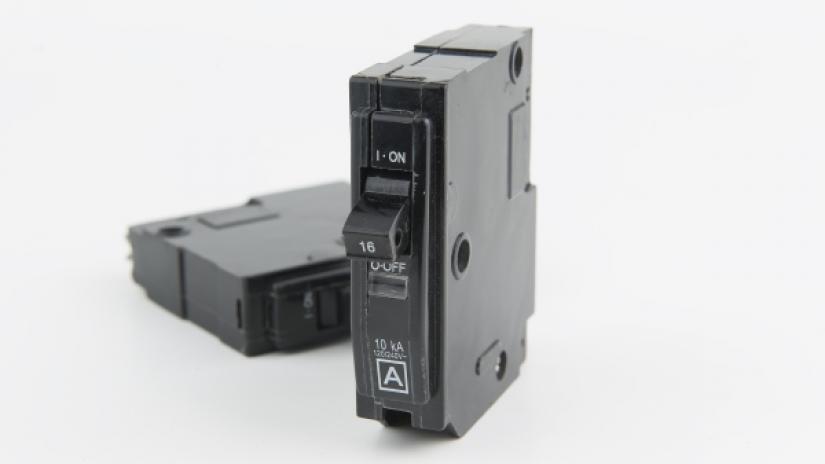Call This Saturday to Get 25$ OFF
24-Hour Emergency Electricians in San Antonio
Call this Saturday to Get 25$ OFF
Need an Electirician?
SCHEDULE SERVICE NOWCall Us Now
210-955-9600Call This Saturday to Get 25$ OFF
24-Hour Emergency Electricians in San Antonio
Call this Saturday to Get 25$ OFF
Need an Electirician?
SCHEDULE SERVICE NOWCall Us Now
210-955-9600
Almost everyone in the modern-day USA relies on a circuit breaker box but many are not familiar with how it works or even what it is. On this page, Mr. Electric helps address some common questions and concerns regarding the circuit breakers themselves. If you would like to speak with an experienced and certified electrician, call Mr. Electric to get in touch with a member of our team.
A circuit breaker is a crucial electrical device designed to protect electrical circuits from electrical damage. It acts as a safety mechanism by automatically disengaging the flow of electricity when it detects an abnormal current. In modern households, circuit breakers are vital for preventing electrical fires and ensuring the overall safety of the electrical system.
While both circuit breakers and fuses serve the same fundamental purpose of protecting electrical circuits, they differ in their operation. A circuit breaker can be reset after it trips, making it reusable, whereas a fuse must be replaced once it has melted or blown. Circuit breakers provide a more convenient and cost-effective solution for long-term use.
A standard residential circuit breaker has three main components: a switch, a bimetallic strip, and an electromagnet. The switch allows manual control of the circuit, while the bimetallic strip responds to the heat generated by abnormal currents. The electromagnet enhances the circuit breaker's responsiveness, ensuring quick interruption in the event of a fault.
Circuit breaker installation involves several steps. A licensed electrician typically determines the appropriate size and type of circuit breaker for specific circuits, disconnects power, mounts the breaker in the electrical panel, and connects it to the circuits. Careful attention to electrical codes and safety standards is critical during installation to guarantee optimal functionality and safety.
Common indicators of a malfunctioning circuit breaker include frequent tripping, a burning smell, or visible signs of damage. If lights flicker, appliances behave erratically, or circuits frequently trip without an obvious reason, it is advisable to consult a professional electrician to inspect and replace the faulty circuit breaker ASAP.
Yes, it is possible to upgrade a circuit breaker to meet higher electrical demands. However, this should be done by a qualified electrician who can assess the overall electrical system to ensure it can handle the increased load. Upgrading may involve replacing the existing breaker with a higher-amperage one or installing additional circuits to distribute the load more effectively.
A GFCI is a specialized type of circuit breaker designed to protect against ground faults, such as electrical shocks. Unlike a standard circuit breaker, a GFCI monitors the balance between incoming and outgoing currents. If it detects an imbalance, it quickly interrupts the circuit, preventing potential electric shocks and enhancing overall electrical safety.
Homeowners can typically reset a tripped circuit breaker themselves. The process involves locating the tripped breaker in the electrical panel, switching it off, and then back on. However, if the breaker continues to trip or if there are signs of damage, it is crucial to consult a certified electrician to diagnose and address the underlying issue.
Regular inspection of circuit breakers is advisable to ensure their continued reliability. While homeowners can visually inspect for signs of damage, a comprehensive electrical inspection by a licensed professional every couple of years is recommended. This proactive approach helps identify potential issues before they escalate, contributing to the longevity and safety of the electrical system.
Performing DIY electrical work or even hiring a handyman can put your property at risk. Certified electricians have the necessary education and training to diagnose circuit breaker issues, repair faulty or damaged circuit breakers, and replace irreparable ones.
Residents in the area can call Mr. Electric to hire a uniformed, local electrician today. We are happy to schedule an appointment or arrange a urgent repair today. Our live representatives are on standby to take your call today.